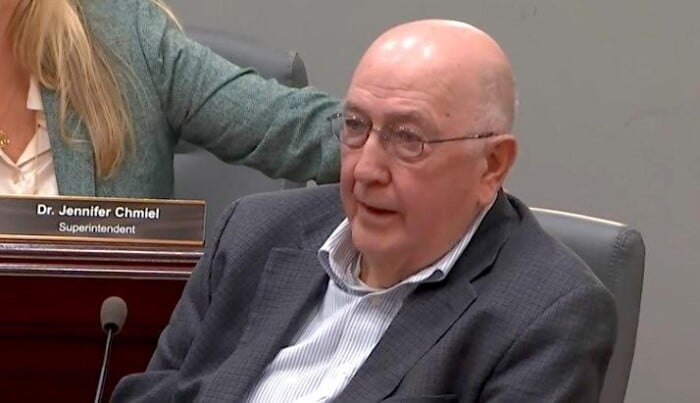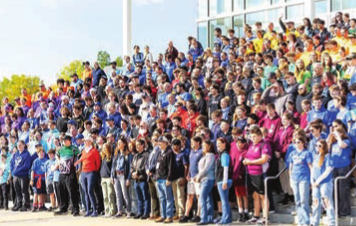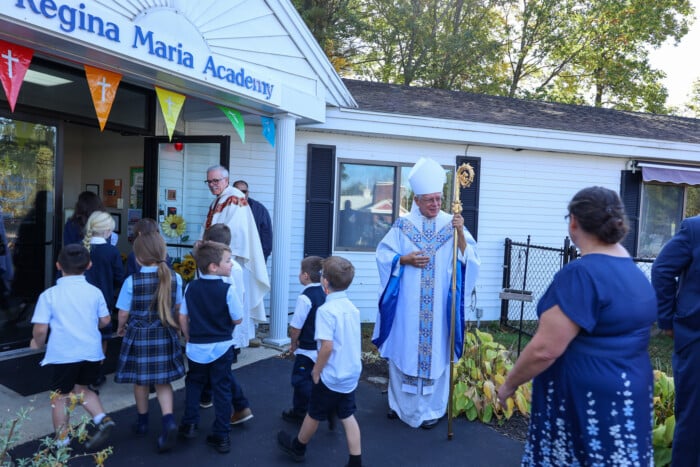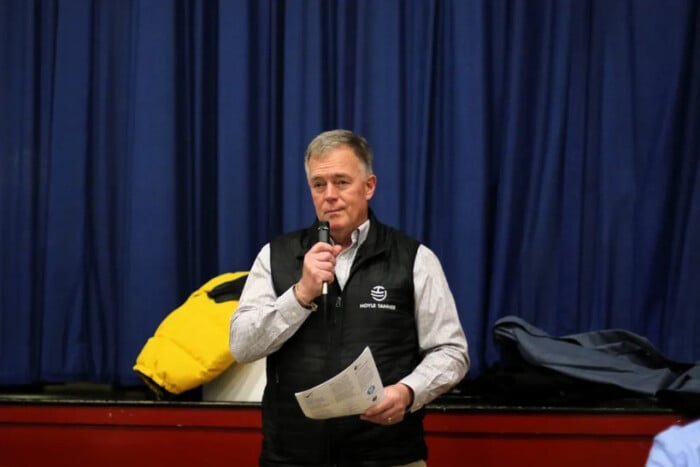School funding litigation heads to Supreme Court; attorneys push for two justices’ recusal
Judges' impartiality 'reasonably questioned' as litigation moves forward surrounding SWEPT allocations, adequate education funding
With school funding litigation headed toward the New Hampshire Supreme Court, attorneys representing Steven Rand and other property taxpayers have asked the court to recuse two of the five justices — Chief Justice Gordon Macdonald and Associate Justice Patrick Donovan — from all proceedings in the case.
Attorneys Andru Volinsky, John Tobin and Natalie Laflamme, representing the Rand plaintiffs, charge that the state by failing to fulfill its duty to fund an adequate education has left its responsibility to local property taxpayers, whose tax rates vary from one municipality to another contrary to the constitution. At the same time, they claim the administration of the statewide education property tax (SWEPT) allows 26 property-rich cities and towns to retain revenue exceeding their costs of an adequate education, which leads to disproportionate rates of the SWEPT.
In November, Judge David Ruoff of the Rockingham County Superior Court ruled in litigation brought by the ConVal School District that the state contribution to education funding “constitutionally insufficient.” At the same time, he ruled for the Rand plaintiffs by finding the SWEPT unconstitutional.
The Rand plaintiffs seek the recusal of Macdonald from the pending appeal of the SWEPT brought by the Coalition Communities, representing the 26 municipalities, as well as from future proceedings in the remainder of the Rand case. The plaintiff attorneys point out that the ConVal and Rand cases overlap in several significant respects and that, as attorney general from 2017 to 2021 when the ConVal litigation was underway, MacDonald “directly or indirectly” had a hand in the fashioning and overseeing the state’s defense.
When MacDonald was first nominated to the Supreme Court, Volinsky served on the Executive Council and was the most outspoken of the three councilors whose votes thwarted his nomination in the contentious proceedings. The plaintiffs also assert Macdonald served as an officer of the Josiah Bartlett Center, an openly conservative organization critical of the New Hampshire Supreme Court’s orders in the Claremont litigation and dedicated to using public funds to subsidize private education. The plaintiffs argue, “Macdonald must recuse himself to avoid the appearance of partiality or personal animus.”
The plaintiffs argue that as an Assistant Attorney General Donovan represented the state in the Claremont litigation, arguing for positions directly opposed to those held and pursued by the plaintiffs in the Rand case. As an attorney in private practice, he worked with the Speaker of the House and President of the Senate to reverse a ruling that found the system of school funding unconstitutional.
The Supreme Court rule prescribes that “a judge shall disqualify himself or herself in any proceeding in which the judge’s impartiality might reasonably be questioned.”














